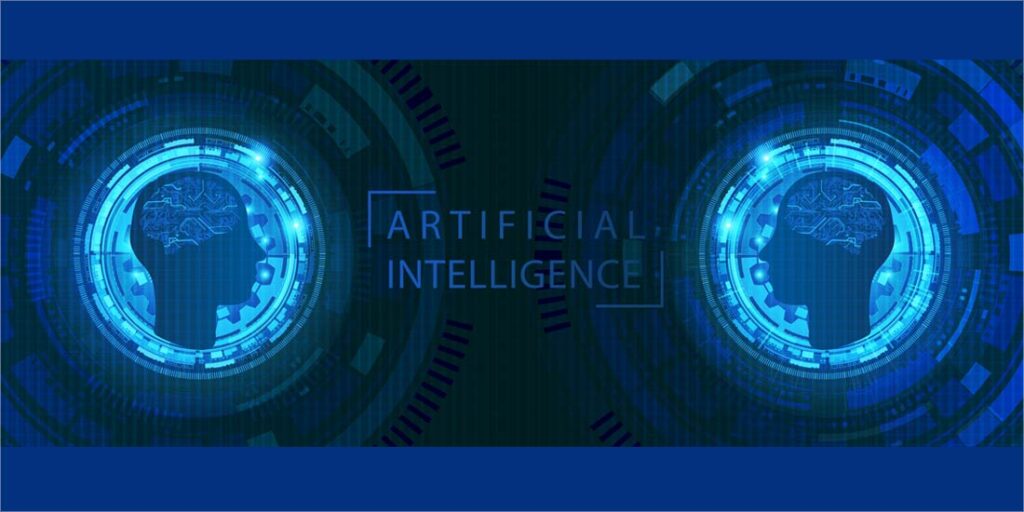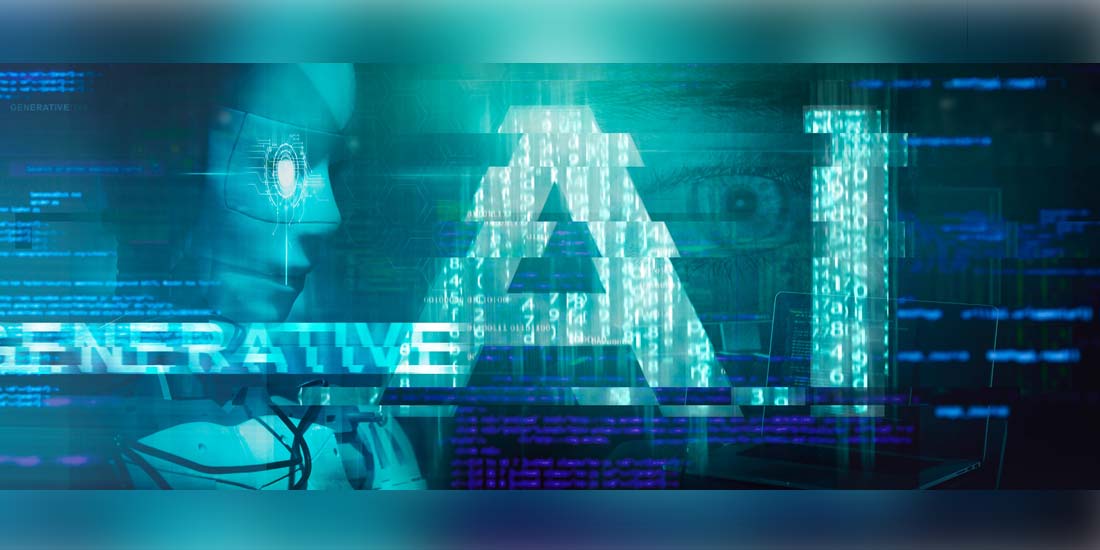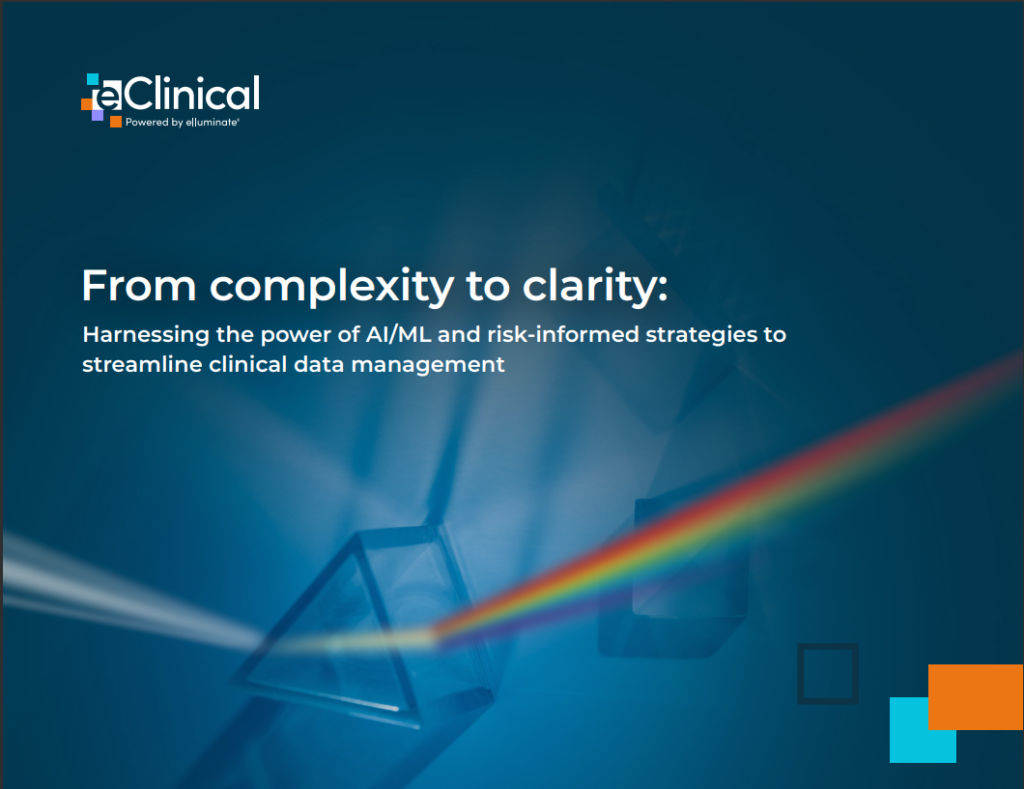AI has emerged as a transformative force across industries, promising efficiency, innovation, and improved customer experiences. However, the journey towards AI integration is laden with hurdles that surpass mere logistical concerns. These include shifts in infrastructure, a profound transformation in organizational culture, and a critical need for the evolution of employee skill sets.
Infrastructure challenges often revolve around legacy systems that are deeply ingrained in the operations of enterprise organizations. Integrating AI into existing frameworks and workflows requires a delicate balance to ensure a seamless transition without disrupting day-to-day activities. Moreover, the cultural shift towards embracing AI as a core component of business processes can be met with resistance. Employees might be apprehensive about the perceived threat to job security or the fear of losing control over decision-making processes.
In this article, we’ll specifically examine enterprise organizations in the service industry, focusing on large manufacturers responsible for maintaining and servicing complex equipment. This sector stands to gain significant advantages from AI applications.
The Critical Element of Human Expertise
In the service industry, where large manufacturers are tasked with maintaining and servicing complex equipment, the adoption of AI introduces distinct challenges. Publicly-available horizontal AI models, like chatGPT, may fall short in delivering accurate results for highly specialized use cases, for this reason, enterprises in the service industry require tailored solutions. These specific needs and use cases demand a level of technical know-how that generic AI models often lack.
The intricacies of servicing complex equipment demand a nuanced understanding that only subject matter experts possess. AI models, even the most sophisticated ones, need input from human experts to provide accurate and meaningful results. In essence, mature AI models rely on the collaboration between advanced algorithms and human knowledge, a concept known as the human-in-the-loop approach.
This approach is not merely a supplement but a fundamental necessity, ensuring that AI solutions align with the intricate requirements of maintaining and servicing complex equipment. The expertise of human operators enhances the precision and relevance of AI outputs, making the human-in-the-loop approach an indispensable component of successful AI integration in the service industry.
The Future Role of AI Vendors: From Providers to Advisors
As the demand for AI integration grows within the service industry, the role of vendors is evolving beyond that of mere solution providers. Vendors are increasingly becoming advisors, guiding enterprises through the intricacies of AI adoption. This shift is imperative for ensuring the successful onboarding of AI technologies, especially in sectors dealing with the service and maintenance of complex equipment.
AI providers need to understand that their role goes beyond just supplying a product. It’s essential for them to engage in transferring knowledge to their clients. This means they should not only train organizations on how to use their AI tools technically but also assist them in navigating the organizational and cultural shifts that come with adopting AI. This responsibility includes setting up extensive training programs, preparing detailed documentation, and providing continuous support to tackle new challenges as they arise.
A smooth onboarding process requires a collaborative approach. Vendors should actively seek feedback from their enterprise clients, fostering a continuous feedback loop to refine and enhance their offerings. By assuming the role of advisors, AI vendors can ensure that organizations not only implement AI solutions effectively but also leverage them to their full potential in the context of complex equipment service and support.
The Democratization of AI Skills and its Impact on Enterprises
The widespread distribution of skills is transforming the business world, spreading expertise more evenly and enabling employees in different departments to become more capable. This change is especially significant for field service teams at the enterprise level, who handle complex equipment. For instance, it allows junior employees to tap into the expertise of seasoned technicians. As a result, these junior team members can independently address issues in the field, often resolving them in a single visit. Previously, junior technicians might have required multiple visits or needed to consult an expert to solve such problems.
As AI continues to transform the service industry, particularly in the maintenance and servicing of complex equipment, we will likely see a deeper integration of this technology, coupled with a stronger emphasis on human expertise. Additionally, AI integration will require a comprehensive approach that includes updating infrastructure, cultural adaptation, and skill enhancement among employees. This transition signifies a pivotal shift for technology vendors, evolving from simple providers to strategic advisors who play a crucial role in guiding organizations through the complexities of AI adoption and ensuring its effective implementation. In parallel, the democratization of AI skills will enable a more capable and versatile workforce, allowing even junior members to efficiently handle sophisticated tasks. AI is set to not only streamline operations but also drive innovation and enhance customer experiences in the service industry.
About the Author

Edwin Pahk is currently the SVP of Presales & Customer Success at Aquant, a software company using AI-powered service intelligence to give service leaders, technicians and teams the most vital information they need for every situation. Pahk has over ten years of experience in sales and marketing in the tech industry, working at companies such as Salesforce and ClickSoftware.
Sign up for the free insideAI News newsletter.
Join us on Twitter: https://twitter.com/InsideBigData1
Join us on LinkedIn: https://www.linkedin.com/company/insidebigdata/
Join us on Facebook: https://www.facebook.com/insideAI NewsNOW





Speak Your Mind